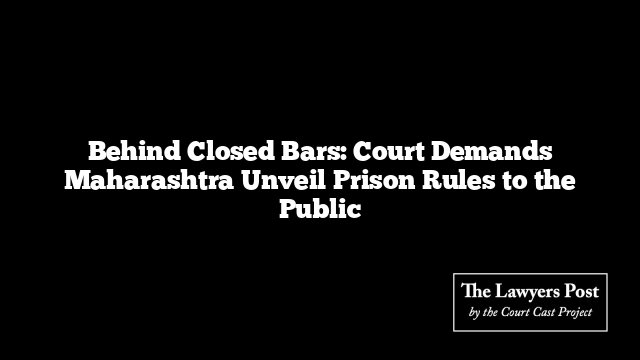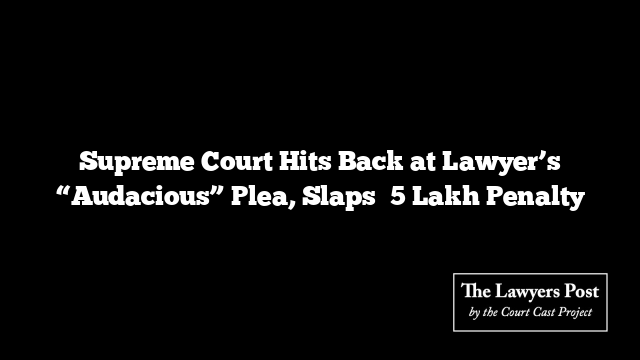The Bombay High Court has sent a loud and clear message to the Maharashtra government: prison walls shouldn’t keep out transparency.
In a hearing that cut through red tape like a blade, the bench of Justices Revati Mohite Dere and Neela Gokhale grilled the State on why vital documents like prison and police manuals remain buried in bureaucracy instead of being made public.
“Upload the prison manual within 48 hours,” the bench directed. “Everyone has a right to know what’s inside. How else will people know their rights?”
The judges didn’t stop there. They urged the State to use its official website and social media to publicize these documents, warning against opaque practices that leave inmates and their families in the dark.
The directive emerged during a petition filed by Arun Bhelke, who has been seeking justice following the tragic death of his wife, Kanchan Nanaware. Both were arrested under the Unlawful Activities Prevention Act in 2014. Nanaware, diagnosed with a terminal illness while imprisoned, was repeatedly denied medical bail. A High Court-recommended transplant came too late—she died in custody in January 2021.
Senior Advocate Gayatri Singh, appearing for Bhelke, pointed out that key rules about prisoner healthcare are hidden in those elusive prison manuals—rules that, ironically, could have changed Nanaware’s fate.
The Court didn’t mince words about the appalling state of healthcare behind bars. It demanded to know how many doctors work in Maharashtra’s jails, what medications are available, and whether there are enough funds to handle chronic and life-threatening conditions like cancer or diabetes.
And the issue wasn’t just medicine—it was mobility, too.
“Do you even have ambulances?” the Court asked pointedly, referencing a previous case where none were available when most needed. “We’re not talking about just any ambulances—we mean functional, well-equipped ones. This is not optional.”
The State has been given time to come back with answers. The case resumes on April 28.
In a system where information is often treated like contraband, the Court’s push to publish prison rules online could be the first step in turning transparency into standard procedure, not a courtroom demand.





